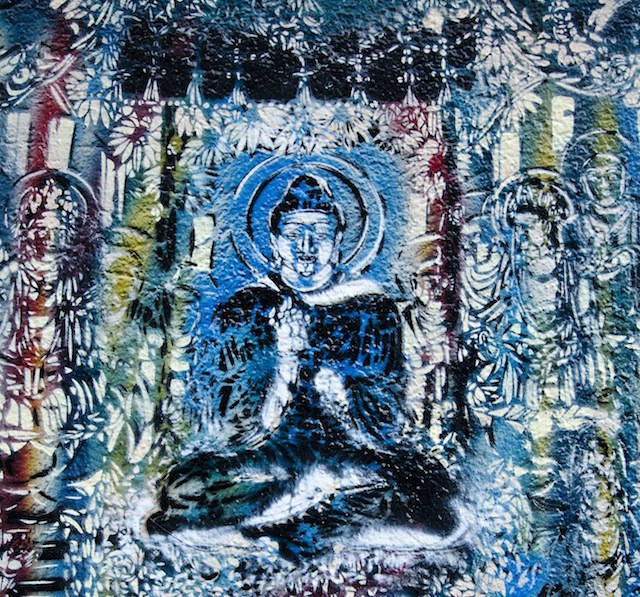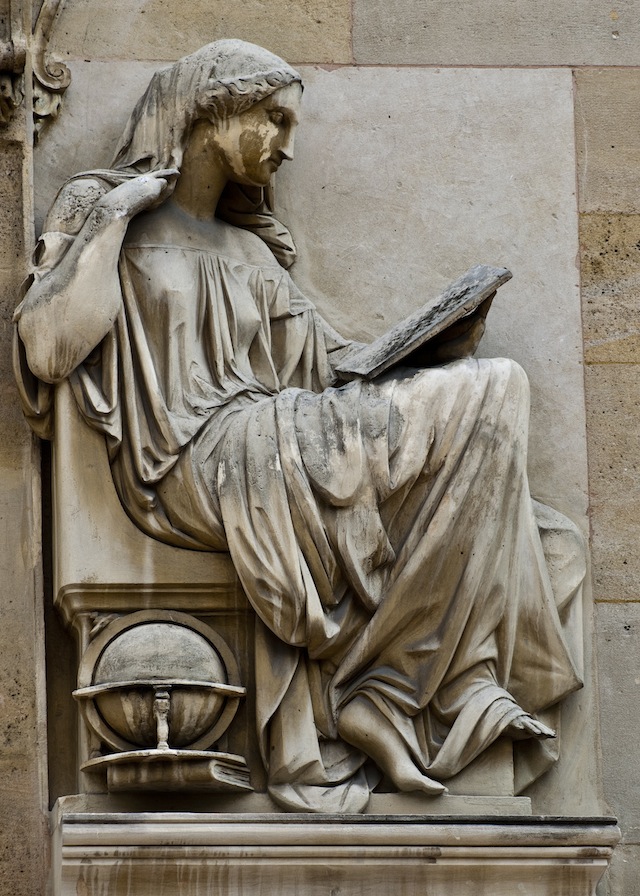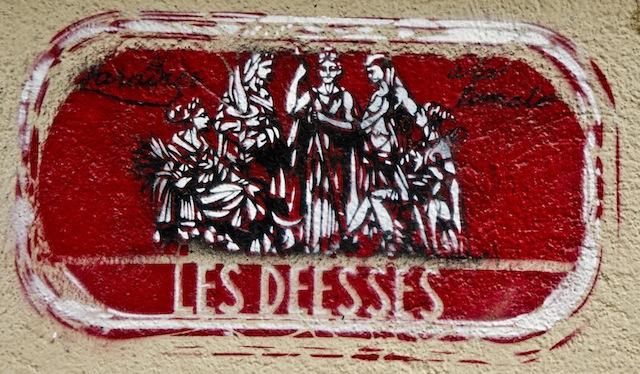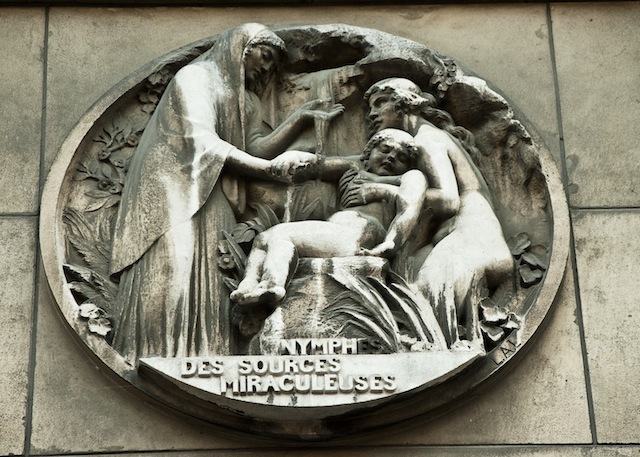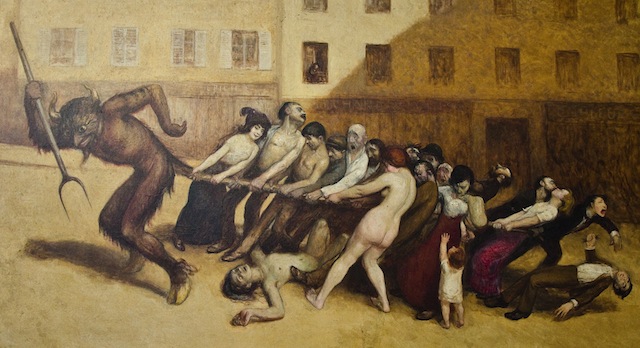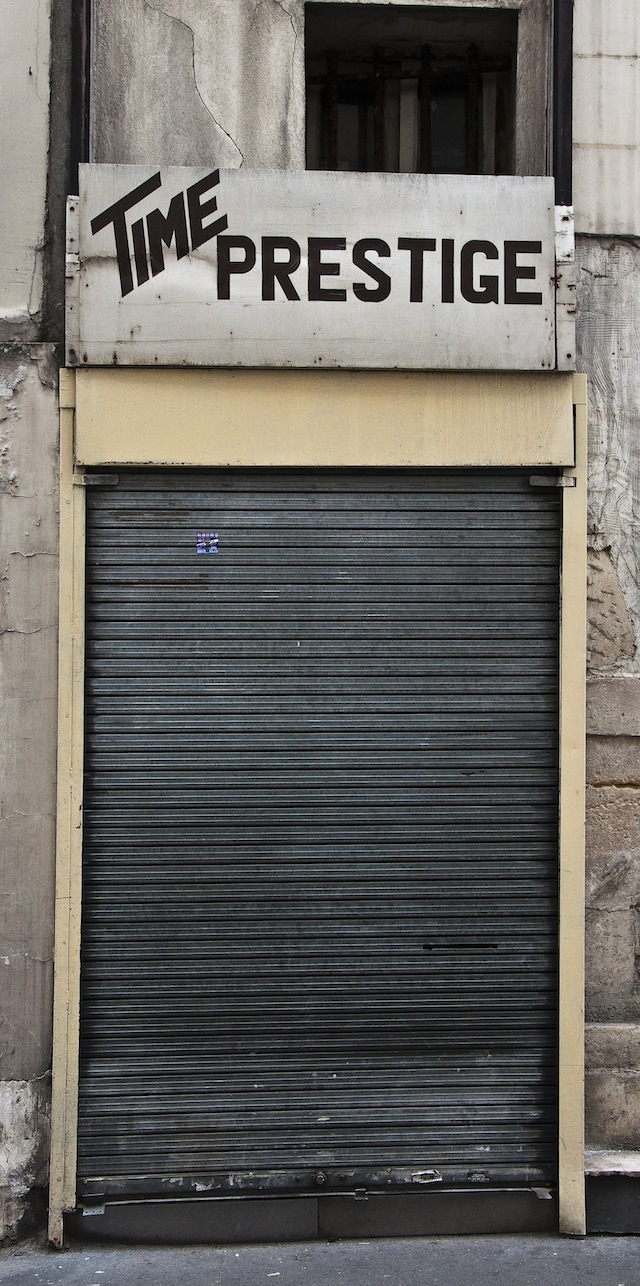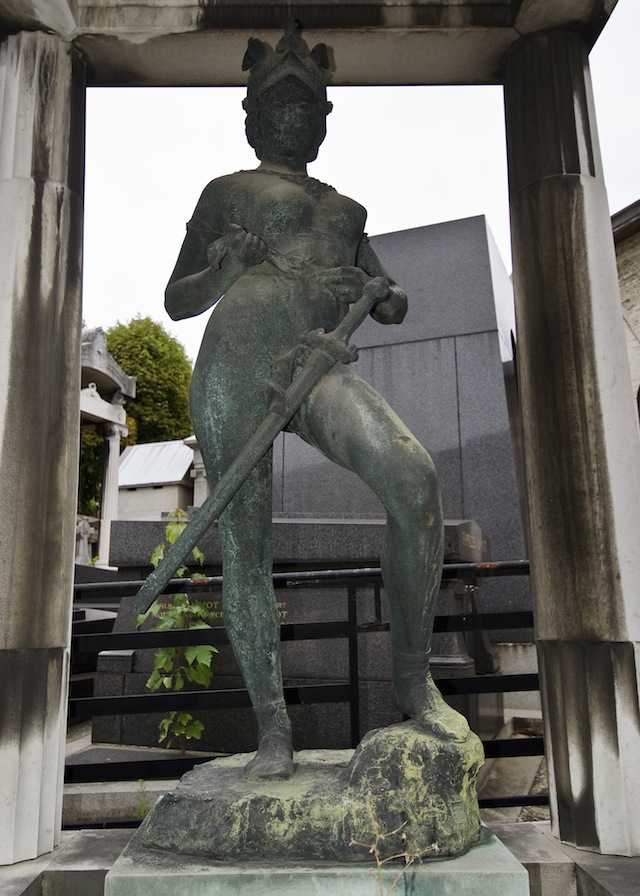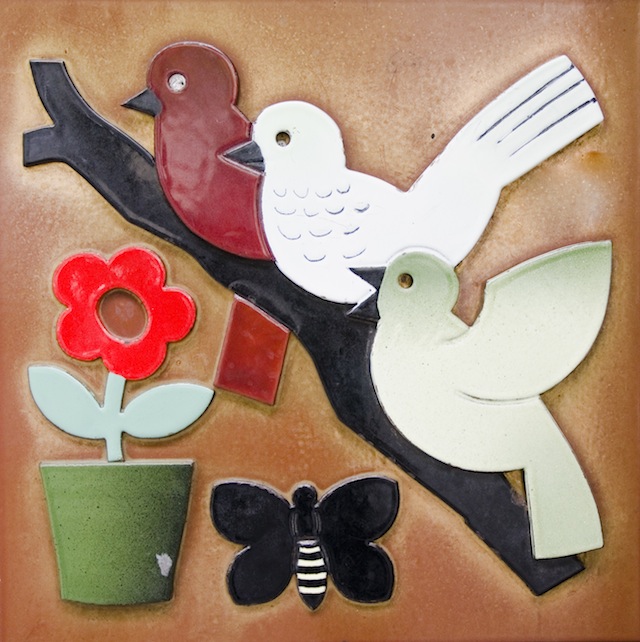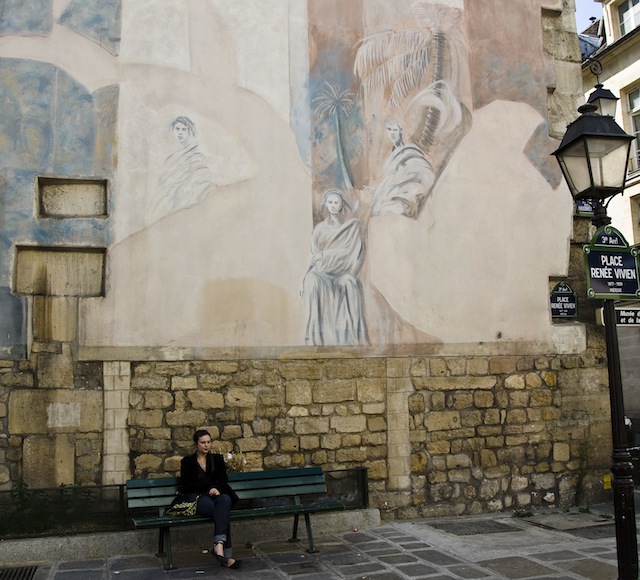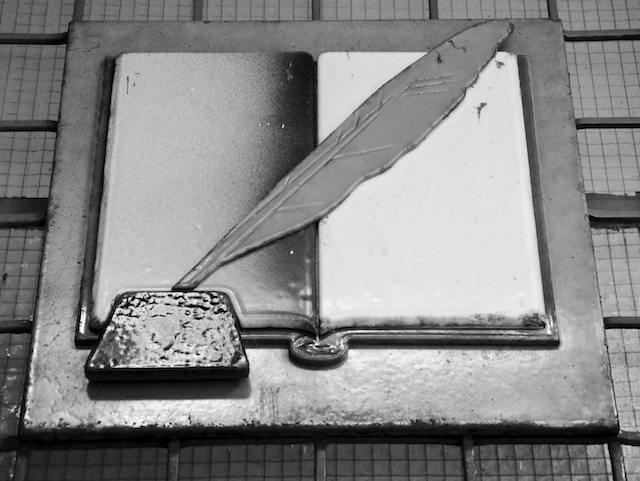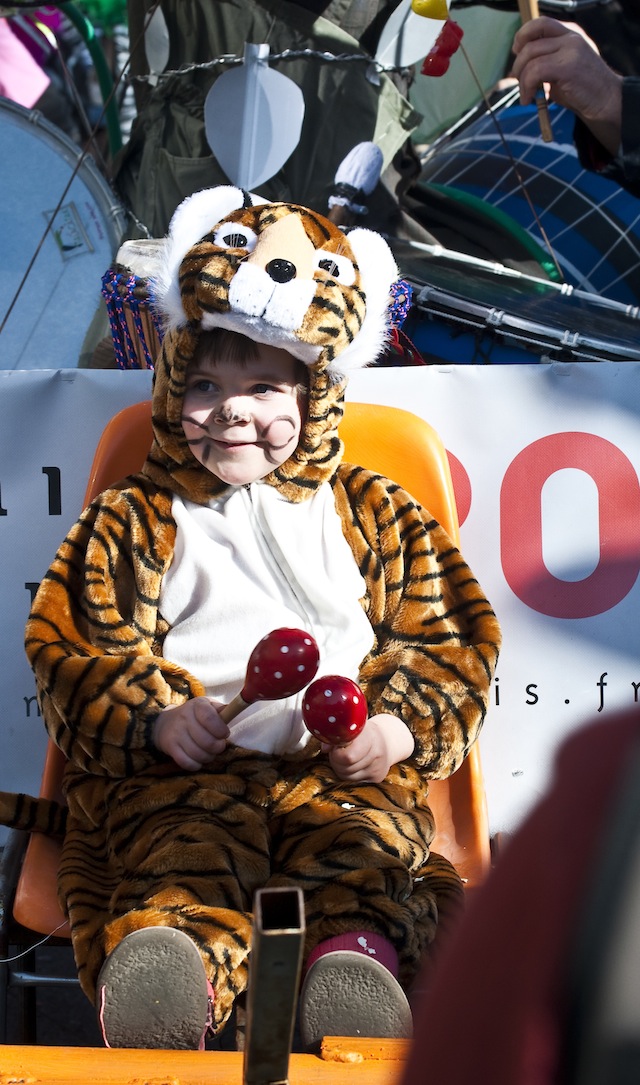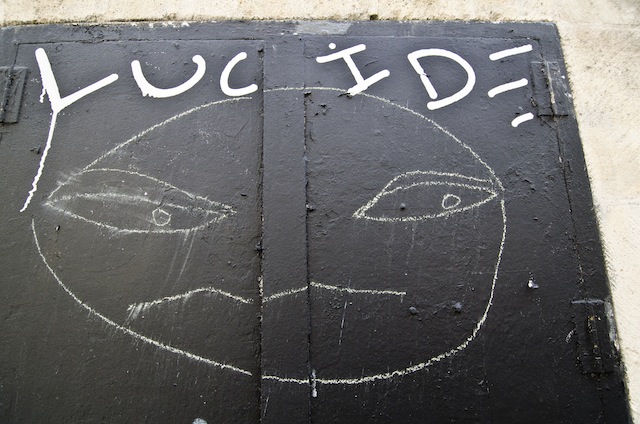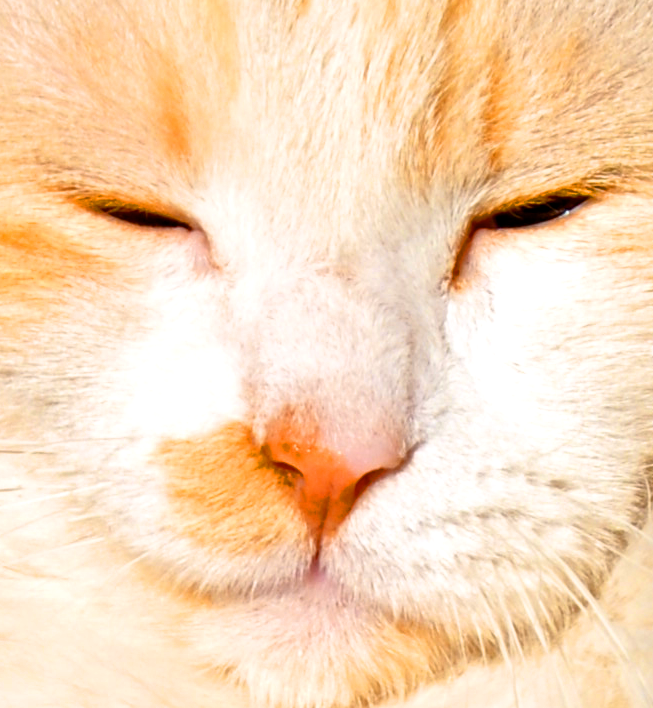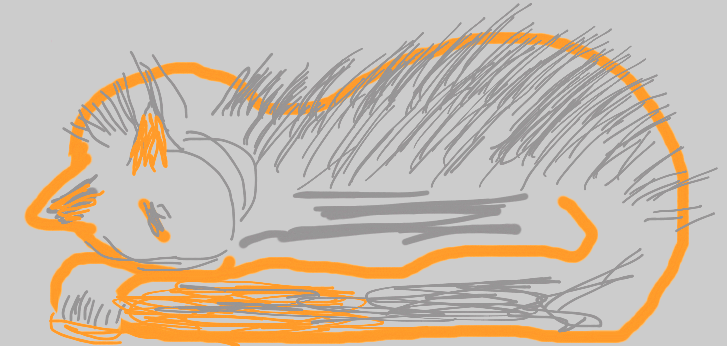Venice
 10.27.2012
10.27.2012
 Ballerina Clown by Jonathan Borofsky, Venice, California
Ballerina Clown by Jonathan Borofsky, Venice, California
"All changes, even the most longed for, have their melancholy, for what we leave behind us is a part of ourselves; we must die to one life before we can enter into another."
-- Anatole France
One of our greatest fears about moving to Paris was that we’d miss our family and friends too much.
But almost no week goes by when a friend or family member doesn’t visit. And the best part is that we see them while they’re in a state of relaxed enjoyment, giddy from the beauty of this city, even while jet-lagged.
This week, Chris and Alice, friends from Los Angeles were here. He was on his way to Lyons to teach a three-day class in myth and film. She was in the midst of real estate business by phone and computer even while staying in Paris several days.
 Downtown Playa del Rey, California
Downtown Playa del Rey, California
No one is a better source than Alice for what’s happening on the ground in our last hometown. She was once a writer, and brings a writerly sensibility to understanding character and people’s domestic desires and dramas.
When Richard and I taught myth in L.A. and beyond, in discussing the Greek gods and goddesses and their various realms, we’d always emphasize that genius, one’s daemon, is not just a description of artistic originality. Genius can be found in any field. And as we discovered in working with Alice on the huge challenge of selling our house in Playa del Rey at the very bottom of the real estate market, genius can and does shine in real estate brokers, too.
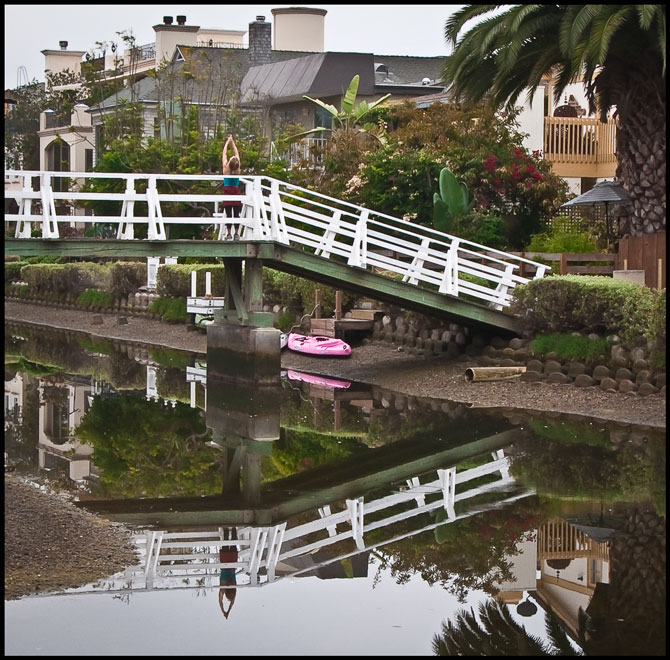 Venice canals
Venice canals
Richard and I each lived several lives (he six years and I four) in Los Angeles before meeting each other. We met in 1994 (the year of the great earthquake) when we lived within several blocks of each other in Venice. For that and other reasons, Venice is my favorite spot in L.A.
It’s where I lived in the ‘70s after crewing on a schooner and crossing the Pacific from Honolulu to Marina del Rey. It’s where the crew hung out with Ken Kesey and his gang of wild women and men.
It’s where I used to go when I’d come to L.A. in the ‘80s as a traveling art dealer.
It’s where I lived when I moved from Santa Fe to Los Angeles in 1990.
It’s where I experienced the Malibu fires in the distance, and the L.A. riots closer at hand in 1992.
After meeting Richard, it’s where we bought a fourplex and lived from 1995 to 2001.
It’s where we became close friends with Jane and Alex Eliot and so many other friends of a lifetime.
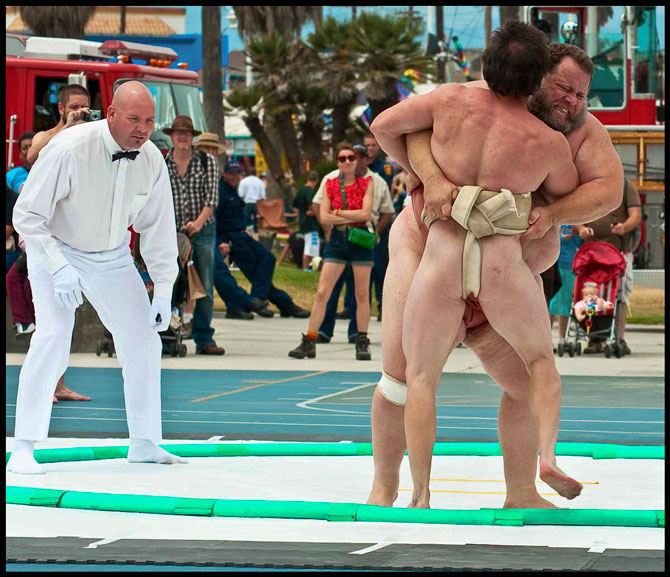 Sumo tournament, Venice Beach
Sumo tournament, Venice Beach
It’s Gold’s gym, the beach, the boardwalk and the Rose Café, where we helped run a poetry series in the late ‘90s. It’s where we met most of the poets in L.A. and many from around the country, too.
It’s where we lived when we both went back to Antioch University, L.A., for graduate degrees in writing.
And it’s the place we left in 2001 to buy our dream house in Playa del Rey.
 View from our former house, Playa del Rey
View from our former house, Playa del Rey
Richard and I loved that house, but we discovered that it changed our lives from living in a beach town where you could walk to almost everything, to one where you had to drive to get almost everywhere. And that made a huge difference in our lives.
When we decided finally to move to Paris, the market decided to stop us. The house was on the market, then off, on the market, then off, as home values plummeted and fear reigned. We wondered if we’d ever sell the house.
Enter Alice.
She began with a stern talk on being realistic about the price. We listened to her, and adjusted it accordingly.
Then came the painful part. Feng shui! She Feng shuied our house, every corner of it, and began to stage it so other people could come in and imagine themselves there.

She began by taking my most precious piece of art, a stylized papier-mâché cross made of antique leather book covers that my sister Jane had made me as an Antioch graduation present, and placed it at the top of the inside stairway. I had my own strong reasons for its placement elsewhere, but Alice was intransigent. Then she took my favorite brilliant-colored Indian rug, a gift from my parents, out from under the dining room table and positioned it in the entrance hall. The first thing you saw on entering the house was a joyful splash of color on the wooden floor and at the top of the stairs.
She added mirrors, pillows, rugs, shifted paintings around—it took all evening. Richard went to sleep nauseated, and I did too. I know a thing or two about creating an inviting home (you would, too, if you had my mother).
But in the morning, I saw what Alice had done. Genius! We had looked for years for the right piece of art for the top of the stairs and Alice saw immediately that we already had it.
It was amazing how, even representing both buyer and seller, she managed to dissolve every single obstacle that came up in the final negotiations with the right buyer. And there were considerable obstacles. At one point, when we’d packed up most of the house and were essentially living out of just the master bedroom and kitchen (boxes were piled high everywhere else), with some of our possessions already on the way to Paris, an inspection revealed that the entire master bedroom oak floor would have to be removed so that two beams holding up the second floor balcony just outside the bedroom could be repaired. (Termite damage.)
Alice got several other contractors’ opinions, and found one who had an ingenious method of ridding the beams of termites without tearing half the house apart.
There were numerous such examples. She kept her cool when Buyer was balking, and calmed us when it looked like we were not going to be able to move to Paris after all.
Now, here in Paris, over salmon and lamb and Côtes du Rhône in our favorite bistro, we learned from Alice and Chris that Venice is booming. Stretch limos prowl Abbott Kinney. Robert Downey, Jr. bought a loft on Abbott Kinney for eight million dollars, I think Alice said.
Rose Avenue, right adjacent to where we used to live on Fifth Avenue, has turned into the next Abbott Kinney, with shops and chichi restaurants.
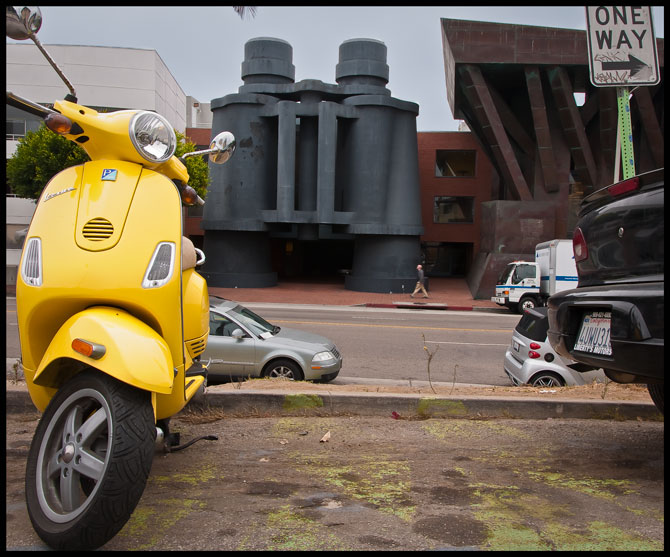
The movie producer Joel Silver just bought the charming 1939 post office building on Windward Circle with the murals of Venice and Abbott Kinney himself. Last November, Google moved into the Frank Gehry-designed "binocular building" on Main Street, directly across from Richard's old duplex. While we HATE the name, the three-mile strip from Santa Monica to the tip of the Marina del Rey peninsula is home to so many tech start-ups that the industry (and press) has dubbed it Silicon Beach.
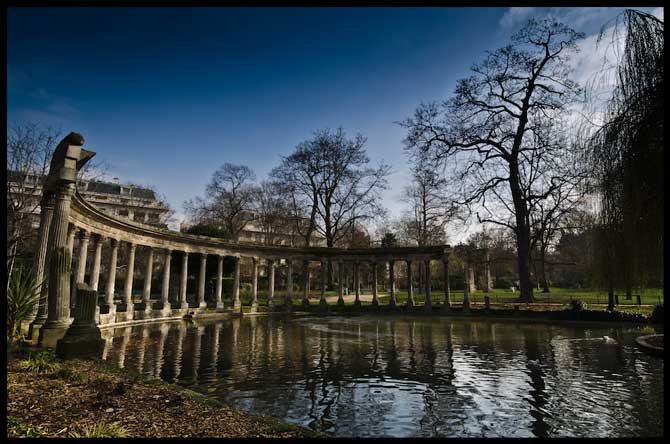 Parc Monceau, Paris
Parc Monceau, Paris
It is wonderful to spend time with a couple who love each other and are full of news about so many things that interest us. But that night I lay in bed wondering if we should have sold our fourplex in Venice. Wouldn’t it have been great to have a pied-a-terre there? I mentioned it to Richard at breakfast. He reminded me that we wouldn’t have moved to Paris if we’d kept that place. I know, I know.
One thing has to die for another to be born. And in spite of realizing how deeply American we are, how the U.S. will always be our country, our favorite city in the world is Paris, and we did not make a mistake in moving here. As Gertrude Stein put it, "America is my country. Paris is my home town."

 Paris,
Paris,  Venice,
Venice,  friendship,
friendship,  moving,
moving,  real estate in
real estate in  Paris Life
Paris Life 

